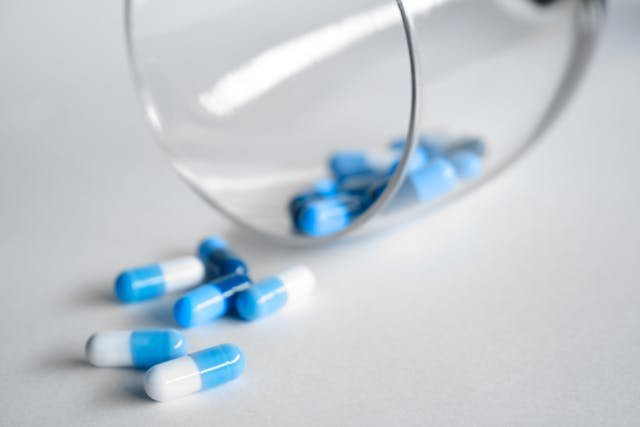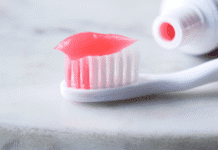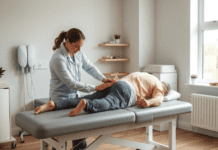Last Updated on March 12, 2024 by admin
Table of Contents
Introduction to Orthobiologics
Orthobiologics, a rapidly evolving field in medicine, focuses on the use of biological substances to help musculoskeletal injuries heal more quickly. These substances, derived from substances naturally found in the body, are used to improve the healing of broken bones, injured muscles, tendons, and ligaments. This article delves into the types, applications, benefits, and challenges of orthobiologics.
Understanding Orthobiologics
Orthobiologics are derived from substances that are naturally present in the body and are used to accelerate the healing process of musculoskeletal injuries. These include bone fractures, ligament tears, and spinal conditions. They work by stimulating the body’s own repair mechanisms to enhance the healing process.
Types of Orthobiologics
Bone Grafts: Autografts (from the patient’s body) and allografts (from a donor) are commonly used to promote bone healing.
Platelet-Rich Plasma (PRP): Derived from the patient’s blood, PRP is rich in growth factors that enhance tissue repair.
Stem Cell Therapy: Uses stem cells, often harvested from bone marrow or fat tissue, to regenerate damaged tissue.
Growth Factors: Proteins that promote cell proliferation and tissue regeneration.
Hyaluronic Acid: Often used in osteoarthritis treatment for its lubricating and cushioning properties in joints.
Applications in Medicine
Orthobiologics are used across various medical specialties:
Orthopedics: For bone healing, spinal fusion, and treating osteoarthritis.
Sports Medicine: To treat injuries like ligament tears, tendonitis, and muscle strains.
Dentistry and Maxillofacial Surgery: In dental implants and jawbone repairs.
Advantages of Orthobiologics
Orthobiologics offer several benefits:
- Enhanced Healing: Accelerates the natural healing process.
- Reduced Recovery Time: Patients often experience quicker recovery.
- Lower Risk of Rejection: Especially with autografts and autologous treatments like PRP.
- Minimally Invasive: Many treatments are less invasive than traditional surgical methods.
Challenges and Considerations
Despite their benefits, orthobiologics face challenges:
- Cost and Accessibility: Some treatments can be expensive and not widely available.
- Variability in Efficacy: Results can vary based on patient factors and the specific injury.
- Regulatory Hurdles: Stringent regulations and approval processes for new treatments.
- Ethical Concerns: Particularly with stem cell therapies, ethical considerations are crucial.
The Role of Technology and Research
Technological advancements and ongoing research are vital in orthobiologics. Innovative techniques in cell cultivation and growth factor extraction are expanding the potential of these treatments. Clinical trials and research are crucial for understanding the efficacy and optimizing the use of these biological materials.
Patient-Specific Considerations
In orthobiologics, treatment plans are often tailored to the individual. Factors such as age, overall health, the severity of the injury, and specific patient needs play a crucial role in determining the most appropriate orthobiologic therapy.
Future Directions
The future of orthobiologics is promising, with ongoing research into newer, more effective treatments. Personalized medicine approaches, where treatments are tailored to individual genetic profiles, are expected to enhance the efficacy of orthobiologic therapies. Additionally, the integration of technology like 3D printing in creating custom scaffolds for tissue regeneration is an exciting development.
Orthobiologics represent a significant advancement in the treatment of musculoskeletal conditions. With their ability to harness the body’s natural healing processes, they offer a promising alternative to traditional treatments. As research continues to evolve, the potential of orthobiologics in improving patient outcomes and quality of life is immense.
















